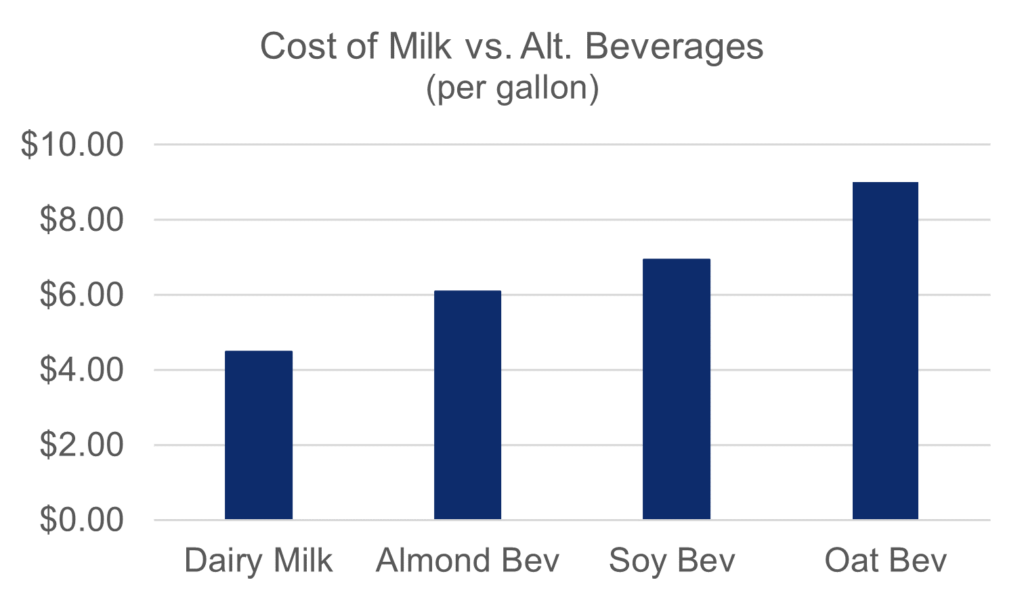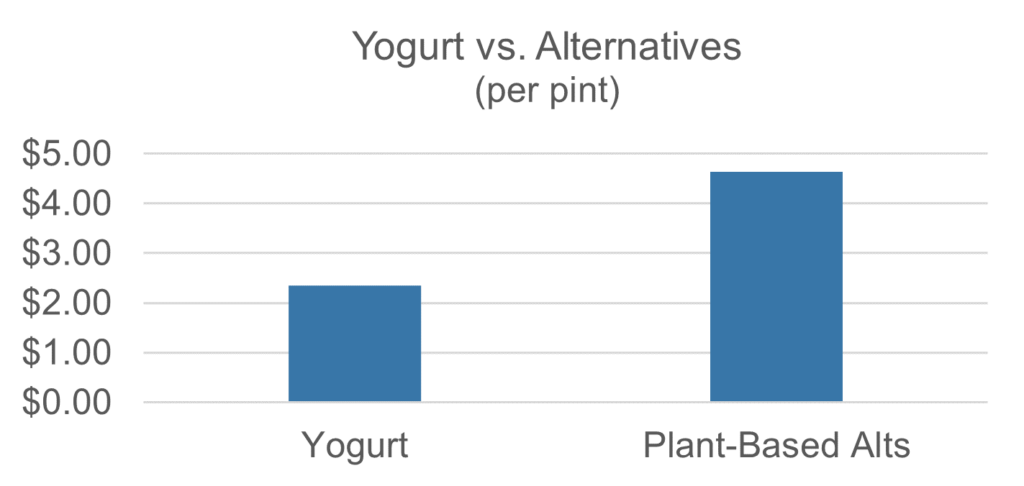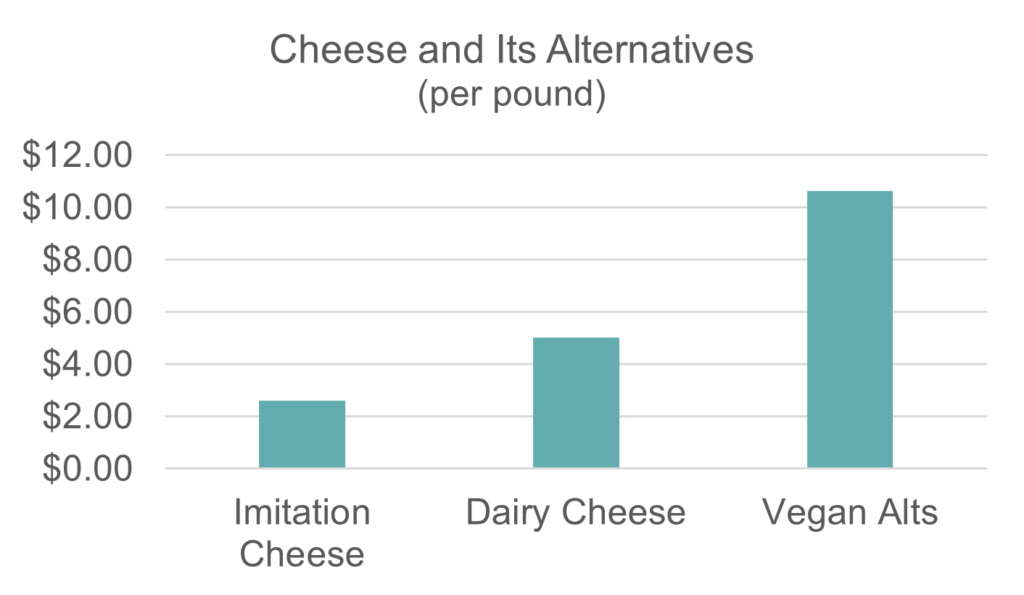The National Milk Producers Federation (NMPF) and the U.S. Dairy Export Council (USDEC) today praised a bipartisan letter from 87 members of the U.S. House of Representatives who called on U.S. Trade Representative Katherine Tai and Agriculture Secretary Tom Vilsack, “to make agriculture a priority in the Indo-Pacific Economic Framework” (IPEF).
The letter was led by Representatives Jimmy Panetta (D-CA) and Jodey Arrington (R-TX), together with Jim Costa (D-CA), Dusty Johnson (R-SD), Ron Kind (D-WI) and Randy Feenstra (R-IA). The members of Congress called on the administration to use IPEF to address barriers to U.S. agricultural exports, create mutually agreed-upon regulatory reforms that would benefit U.S. dairy and others in American agriculture, “include efforts to reduce tariffs on U.S. agricultural exports” and more.
“These members of Congress have their fingers on the pulse of the agricultural economy, which in turn supports so much of rural America,” said Krysta Harden, president and CEO of USDEC. “Dairy farmers and manufacturers need a framework that lives up to the recommendations laid out in this letter, ensuring America’s dairy industry – from farmers to workers to manufacturers – are able to compete fairly and efficiently in fast-growing markets across Asia and the Pacific.”
“America’s dairy farmers and their cooperatives are strongly reliant on exports, which is why it’s essential that the Biden administration focus on tackling global barriers that stand in the way of our high-quality products,” said Jim Mulhern, president and CEO of NMPF. “Consumers around the world are hungry for dairy and our industry is eager to better meet that demand, unburdened by trade barriers and tariffs. But for that to happen, we need effective economic engagement with key trading partners, just as these members of Congress envision.”
The Congressional Research Service reported in February that the U.S. has held exploratory talks on IPEF with Japan, Malaysia, Singapore, and South Korea, although no determination has been made on the framework’s participants. Southeast Asia is one of the largest export destinations for U.S. dairy exports and sales to that region grew by 11% last year despite headwinds caused by supply chain issues and tariff disadvantages in key markets. South Korea and Japan round out the top ten markets for U.S. dairy products and saw growth rates of 15% and 17% respectively in 2021, making clear that these markets are priorities for U.S. dairy.
The full letter and list of signatories can be found here.








